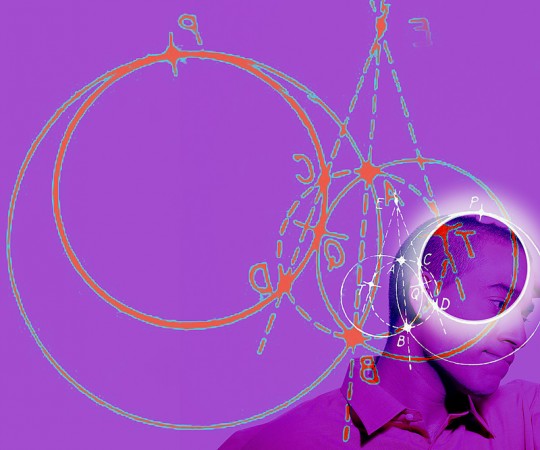Has Your Brain Already Crystallized?
Has Your Brain Already Crystallized?

If grandpa grouses while fumbling with his new cell phone, or grandma bristles at the thought of sending an e-mail over the dark and scary abyss that is the World Wide Web, be patient with them. There’s much more at play than just stubborn resistance to today’s technological wonders – their brains were hardwired in an era that demanded much less toggling between screens and fewer “bursts” of intense multitasking.
As it turns out, keeping pace in ever-more-electronic world is no small feat for the aging brain. That’s because our mental circuitry – the most frequently used neuron pathways, like well-traveled roads – tends to “crystallize” into a series of expressways over time. But that doesn’t mean paving new paths (by, say, learning in middle age) is a lost cause – it just demands special learning techniques and a little more patience.
That’s heartening news for adults who are headed back to school, shifting careers in later life, or simply want to be lifelong learners, says neuropsychologist Dr. Mark Mapstone. In the clip below, he sheds more light on our amazing (and aging) brains.
…
…
Dr. Mapstone co-directs URMC’s memory care clinic, which features a team of neurologists, psychiatrists, a geriatrician, a neuropsychologist, a psychometrician (expert in measuring psychological function), a social worker and a nurse practitioner.
The team serves patients at URMC’s Neurology Clinics at Clinton Crossings and Strong Memorial Hospital, as well as the Psychiatry Department at Monroe Community Hospital. Together, its providers help patients and their families deal with the many dimensions of memory disorders, beginning with an early and accurate diagnosis. The team meets regularly, provides diagnostic and longitudinal follow-up and supportive care, and offers patients access to clinical trials, as appropriate.
To learn more, click here.
###
* The above story is adapted from materials provided by University of Rochester Medical Center
![]() ______________________________________________________________________
______________________________________________________________________



















